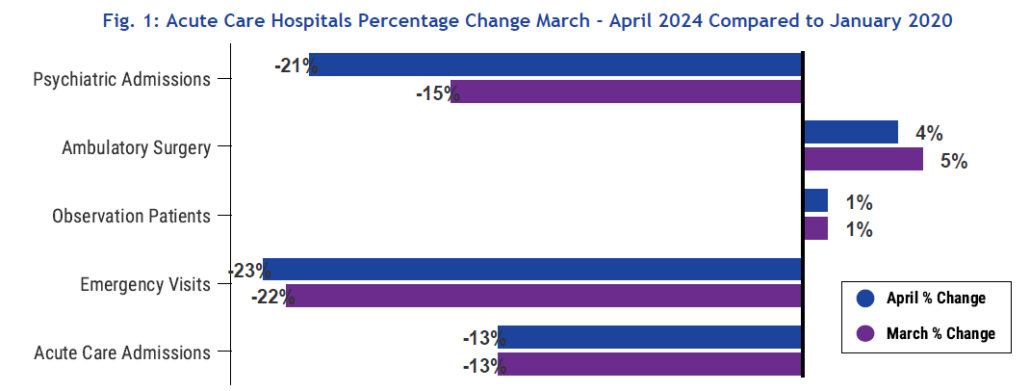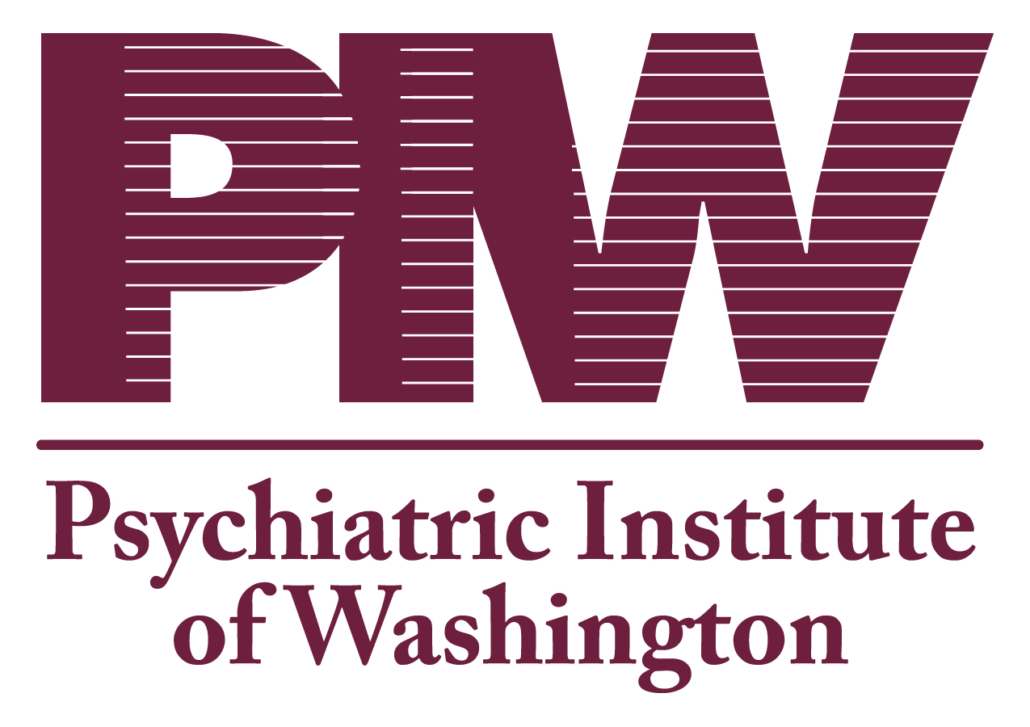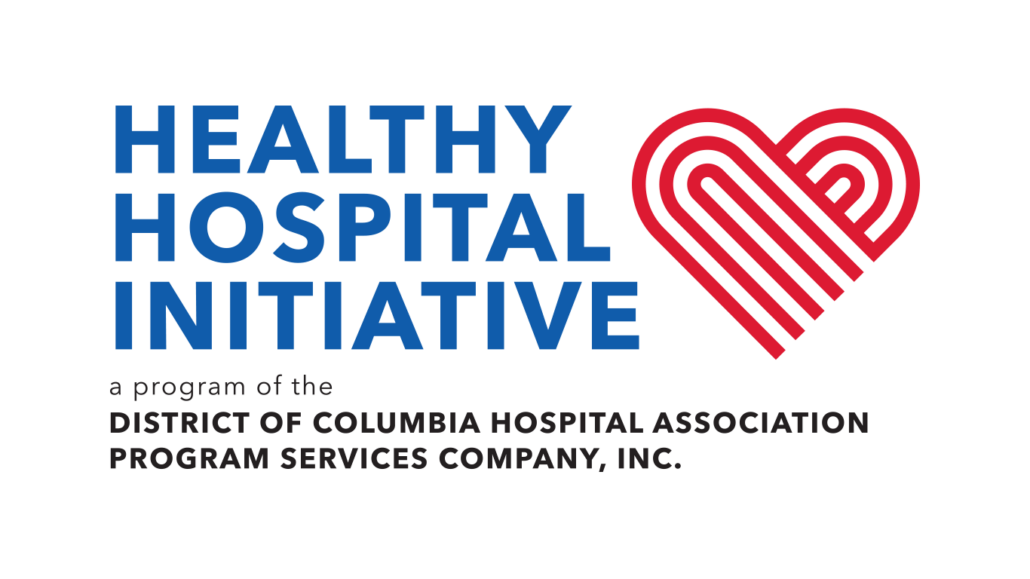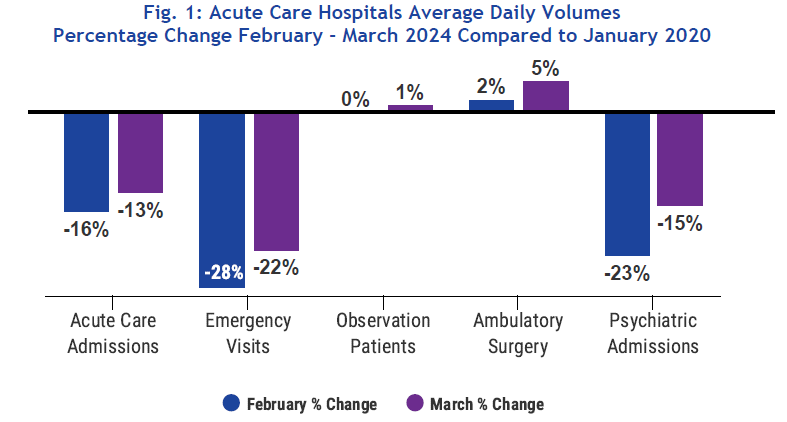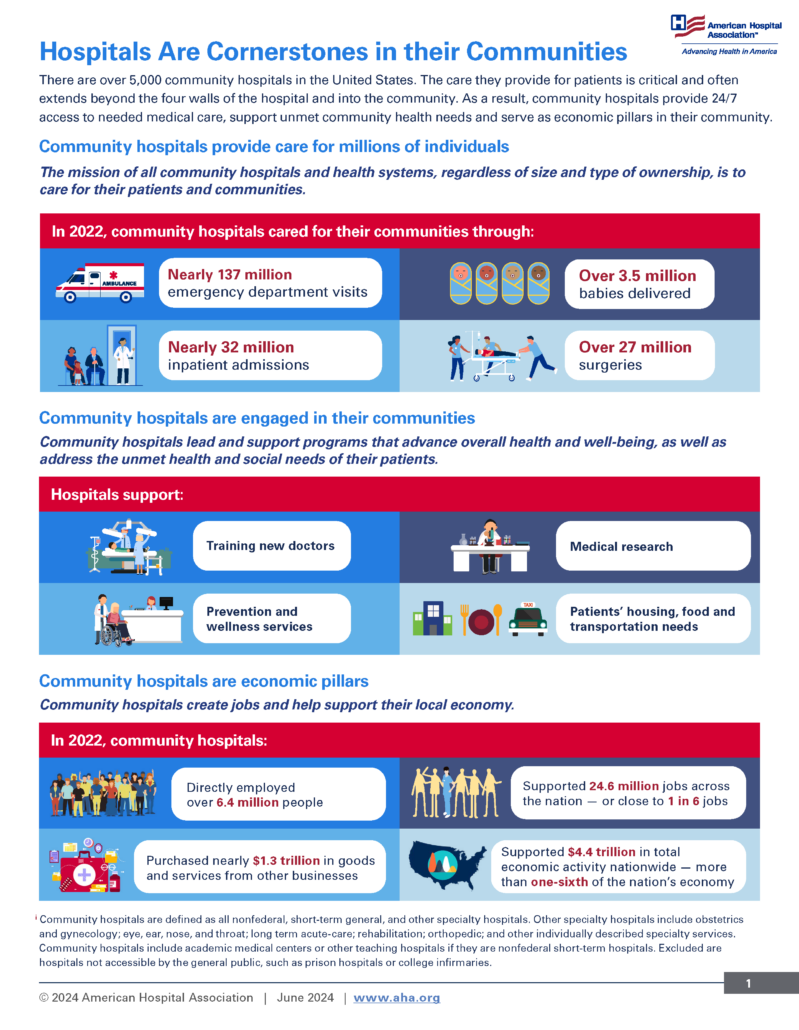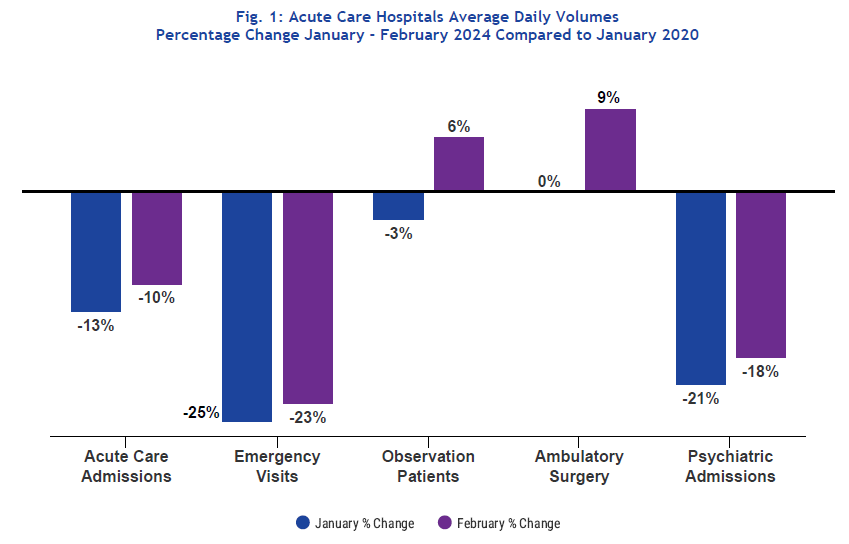VA Whole Health is a cutting-edge approach to care that supports your health and well-being. Whole Health centers around what matters to you, not what is the matter with you. This means your health team will get to know you as a person, before working with you to develop a personalized health plan based on your values, needs, and goals. All veterans are welcome and encouraged to participate in the program.
Taking Charge of My Life and Health
Participants in the Introduction to Whole Health Orientation session are invited to join an 8-week Taking Charge of My Life and Health group course. This multi-week session provides an opportunity for more self-exploration, self-care, and goal creation around what really matters to the Veteran. Through these Whole Health offerings, veterans explore their new missions, delve into each aspect of the Whole Health circle, and begin to create an overarching personal health plan.
Whole Health Coaching
Whole Health Coaches work with veterans one-on-one and in group settings to empower the Veteran to develop and achieve self-determined goals related to health and wellness. Coaches support veterans in mobilizing internal strengths and external resources, and in developing self-management strategies for making sustainable, healthy lifestyle, behavior changes. As partners and facilitators, coaches support Veterans in achieving health goals and behavioral goals, while collaborating with the Veteran’s healthcare team. Coaches assist veterans to use their insight, personal strengths and resources, goal setting, action steps and accountability toward whole health changes.
Well Being Programs & Resources
Components of Proactive Health and Well-Being
The Components of Proactive Health and Well-Being picture (below) will help you think about your whole health. All of the areas in the circle are important. They are all connected. Improving one area can benefit other areas in your life and influence your overall physical, emotional, and mental health and well-being. The human body and mind have tremendous healing abilities and we can strengthen these healing abilities.
The inner circle represents you, your values and what really matters to you. Being in a state of mindful awareness helps you see what matters to you. The next circle is your self-care. These are the circumstances and choices you make in your everyday life. The next ring represents professional care you receive. Professional care may include tests, medications, supplements, surgeries, examinations, treatments, and counseling. This also includes complementary approaches such as acupuncture and mind-body therapies. The outer ring represents the people and groups to whom you are connected.
The Circle of Health
The Circle of Health illustrates the big picture connections between your health and other aspects of your life. Whole health opens the door to discuss not only your health conditions, but the things that impact your well-being.
Me
The innermost circle represents each of us as unique individuals. We start at the middle saying, “I am the expert on my life, values, goals, and priorities. Only I can know WHY I want my health. Only I can know what really matters to ME. And this knowledge needs to be what drives my health and my health care. I am the most important person when it comes to making choices that influence my health and well-being. I am the leader of my team, and my medical team professionals are some of the invited players.”
Mindful Awareness
Mindfulness is being fully aware, or paying attention. Sometimes, we go through our daily lives on autopilot. We are not fully aware of the present. We often dwell on the past and plan events in the future. We do not spend much time really paying attention and noticing what is happening right now; without judging or trying to fix it. Your body and mind send you signals constantly. If your attention is elsewhere, you don’t notice. Then, the signals that began as whispers become loud warnings. For example, when you miss the whispers of an early discomfort or a sad feeling, you miss the opportunity to make a change before it grows into real pain or depression. Being mindful, or aware, allows you to make conscious proactive choices about every aspect of your health. Mindfulness connects you to each component of your well-being, and to your whole self.
The Eight Areas of Self-Care
Self-care is often the most important factor in living a healthy life, which in turn allows you to live your life fully, in the ways that matter to you. Self-care includes all the choices you make on a daily basis that affect your physical, mental, and spiritual health. In fact, how you take care of yourself will have a greater impact on your health and well-being than the medical care you receive. Evidence shows that each of these eight areas of self-care contributes a great deal to your overall health and well-being. They can also affect your chances for developing diseases as well as the seriousness of that disease. Consider your values, lifestyle, habits, and motivations in each area. Taking stock of where you are now and where you want to be in each of these areas is the first step in living a healthier life.
- Moving the Body
- Surroundings
- Personal Development
- Food and Drink
- Recharge
- Family, Friends, and Coworkers
- Spirit and Soul
- Power of the Mind
Professional Care
Prevention and treatment of illness or disease and traditional and complementary medicine are part of professional care. Preventive care includes things like immunizations and cancer screening. Common treatments include checkups, medicines, supplements, physical therapy, surgery, and counseling. Complementary medicine includes approaches like acupuncture and mind-body therapies. It is important to stay current with your personal care plan for health and well-being.
Community
The outer ring represents your community. For some, their community is close by and for others it is far way. Your community is more than the places where you live, work, and worship. It includes all the people and groups you connect with; who rely on you and upon whom you rely.
